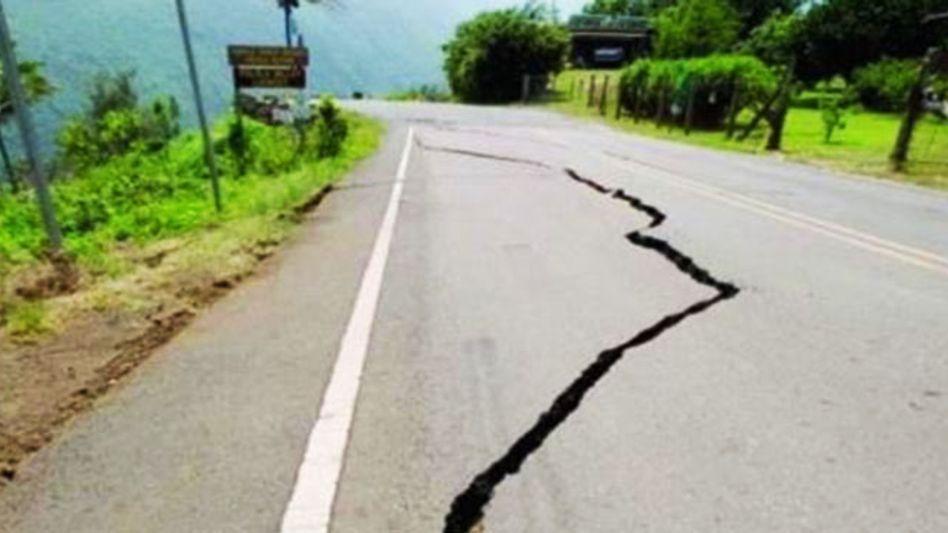Northeast on Alert after Four Earthquakes Jolt Arunachal
 Bomdila after the Friday quake
Bomdila after the Friday quakeItanagar, July 22, 2019:
Four consecutive earthquakes in Northeast on July 19 and 20, has caused fear and concern among people and experts leading to fears that we are going to experience a major tremor in the region soon.
Four earthquakes of 5.5, 5.6, 3.8 and 4.9 magnitudes on the Richter scale hit Arunachal Pradesh on July 19 and in the early hours the following day. Tremors were also felt in other NE States, including Assam. The epicenter of all four earthquakes was located in Arunachal Pradesh.
Noted disaster management expert Manik Kar has said that the four consecutive earthquakes in NE were a sign that the region could face a major tremor.
He said in 1950, consecutive quakes hit Northeast India from February 13 to 26 before the largest quake of 8.6 magnitude on the Richter Scale that devastated the region on August 15 in the same year.
Kar, a retired associate professor of Geography in Nagaon College and visiting professor of Tezpur University on Disaster Management and Research, however stressed that the people should remain alert instead of becoming panicked. "Lack of alertness and awareness kills more people than the earthquake,” he said.
On other hand, a faculty in the Civil Engineering department of Assam Engineering College said that frequent low-intensity earthquakes in the North East are normal since the entire region falls in the seismically-active Zone V.
“It is normal if the earthquake is happening in different places. But if it is happening in a particular location frequently or the epicenter is located in and around a particular area, we should monitor it properly,” the teacher said.
A teacher at IIT Guwahati said scientists at IIT Roorkee have already developed an earthquake early warning system that can alert people up to a minute before the quake strikes. The system, already deployed in some areas of Uttarakhand, consists of a network of sensors that detect different types of seismic waves travelling through the layers of the Earth after a quake, he said.
“Current techniques of earthquake prediction do not really work. People try to predict it using statistical methods, but none of the methods known yet are accurate enough,” he said. However, the earthquake early warning system can give people a lead time ranging from 10 seconds to a minute.
“The governments in NE States must be in touch in with IIT Roorkee considering the region’s vulnerability to earthquake,” the teacher said.
Inside Northeast’s Campaign #LetsSaveDeeporBeel is now supported by Oil India Limited (OIL). Join us as we continue the awareness campaign to preserve the only Ramsar site in Assam which is facing immense threats (A Ramsar site is a wetland site designated to be of international importance under the Ramsar Convention). We need your help to preserve this site of great ecological importance. Join the #LetsSaveDeeporBeel campaign and tweet about it, and do tag us on Twitter. Let’s make some noise!
Download:
The Inside Northeast app HERE for News, Views and Reviews from Northeast India.
Do keep following us for news on-the-go. We deliver the Northeast.
Copyright©2026 Living Media India Limited. For reprint rights: Syndications Today









